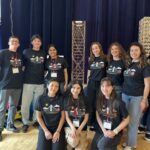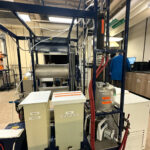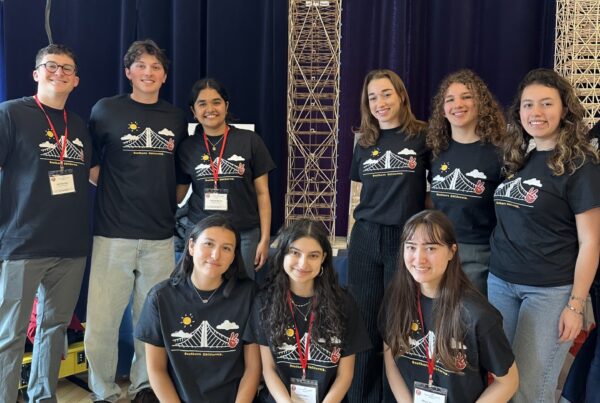Now that I’m a senior and I’ve been a teaching assistant for intro computer science classes in a while, I frequently find myself around younger students trying to figure out internships and future careers. Many often say “I’m interested in AI” — but at this point, that’s as broad as saying, “I’m interested in engineering.” Are we talking about AI research, implementation, or integration? Which area between math, software, and hardware? These areas overlap and also become more specific. Do you want to fine-tune a model for a healthcare use case, or do you want to write papers on ethics and interpretability?
It’s okay if you don’t know; that’s what college is about! I’m convinced that studying all of these across different areas each has its values and I’ve pursued many of them to a degree. Let’s dive into it!
Stylebot
I led the copy editing desk at Annenberg Media my freshman year under Professor Laura Davis — who happened to have founded Stylebot to help writers and editors follow style guides everywhere! It’s been around for a long time (well before generative AI took off) and it uses NLP to figure out a user’s style questions and how to match it to an appropriate answer that is predefined by a given style guide.
We’d often have hourlong chats on how the product was working, how we were using it ourselves in the newsroom, and ways we could continue to improve! This was my first foray into AI integration in products, particularly from a nontechnical perspective, and I left that experience more aware of the many implications of AI technology.
IDEAS
During the summer after my freshman year, I participated in an AI ethics program at Northeastern University called “Intelligence, Data, Ethics, and Society” that I found out about through a Viterbi newsletter. It was a two-week program in Boston in a seminar- and conference-style setting with around 20 students and many professors and industry professionals from across the US and internationally.
This was my first exposure to AI research, but not in the sense of novel AI/ML techniques. Ethics is a huge part of AI given its impacts on both the macro and micro levels, from copyright issues to the impacts of bias on minority populations. This is a huge application of philosophy, and so our program class was split around half computer science and half philosophy students. That’s not to say we weren’t technical, but we also spent some sessions just debating the implications of training models on copyrighted art, for example. While I know I am by no means on track to become a philosophy Ph.D. student, I do think that this is an area of AI that is extremely important but also underrated, and I am interested in pursuing this more in the future.
Classes
As someone majoring in computer engineering and computer science, I’ve also tapped in to both hardware and software in AI/ML. I’m also getting my master’s in electrical engineering through the Progressive Degree Program (a story for another time)! What I’ve also noticed these days is that a lot of curriculum in electrical engineering is also wired to ML these days, particularly more on the computer engineering side. There’s two parts to this: 1) electrical engineers are (un?)fortunately not spared from writing code, and 2) hardware will to continue to play a huge role in this new revolution. At its core, AI/ML is a lot of matrix multiplications, and we need to find a way to make this fast.
In EE 454, we practiced implemented a convolutional neural network (CNN) on an FPGA board for our final project — it’s a lot of words, but it’s an exercise for us to starting thinking about how the calculations are done most primitively. In EE 477, we drew layouts of the hardware to produce a fast matrix multiplication, which is on an even lower level! Both of these classes were part of my undergraduate degree and have applications to industry. Many of my friends found internships that directly used the knowledge from these classes after taking them!
In EE 508 and 511, which are two of the classes I’m taking for my master’s, I’ve written code to train models from scratch and fine-tune existing models. What makes this different from traditional courses offered from the CS department is how it specifically focuses on how we can write hardware-efficient code and the implications of computer memory! A lot of these techniques are so cutting edge, you can find YouTube videos from the last year discussing their novelty.
Apple
Of course, if you’re looking for applications in industry, we still care about whether or not all of this work is actually used on the job! While I can’t discuss at length what I worked on when I interned at Apple this past summer, I was definitely able to apply a lot of what I learned in all of my previous experiences I’ve talked about in this article to work on a product that has elements of AI/ML behind the scenes.
There’s still so much more in AI that I’m interested in exploring, but working at Apple has continued to inspire me to pursue bringing powerful AI capabilities to the general population! In this new era, engineers have so much potential to capitalize on that still makes studying computer science and engineering valuable, and I’m so excited to see what’ll come soon.















